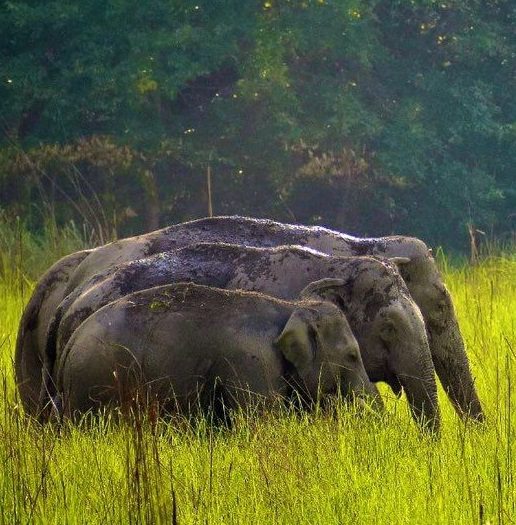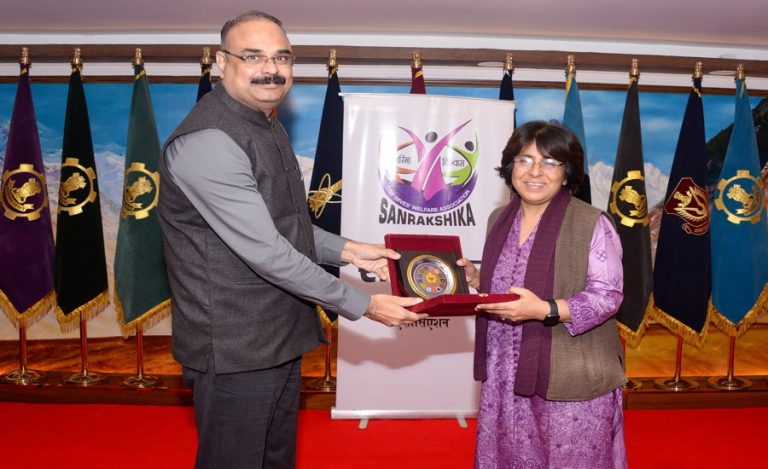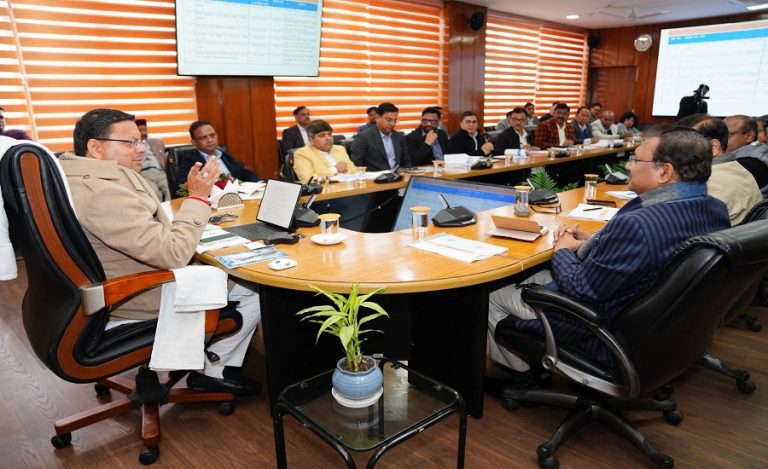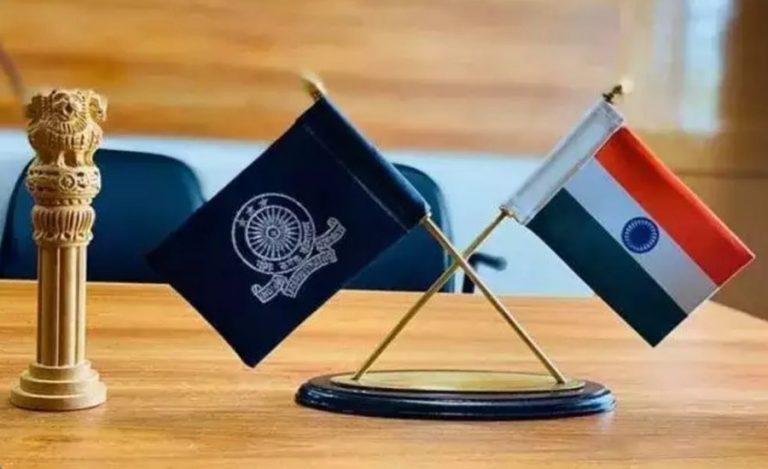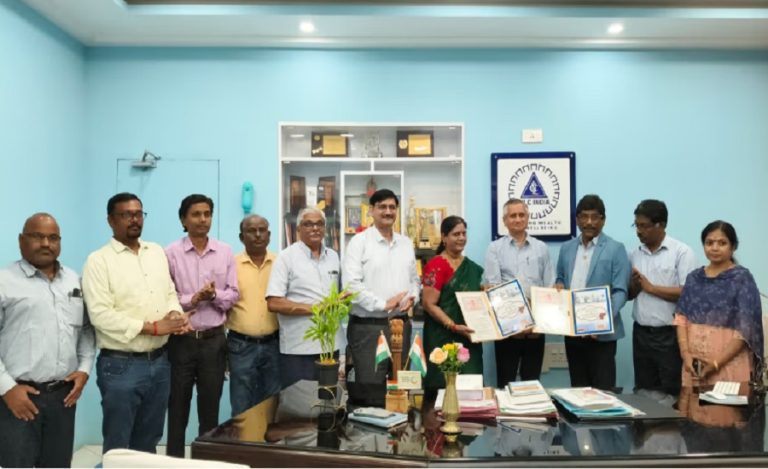Following an order passed by the Kerala High Court regarding the “indefinite closure” of several eco-tourism centres functioning within the jungle zones of Wayanad, their stakeholders were put in a dire state of concern. The High Court arrived at this decision on February 17 after repeated instances of “human-animal conflicts” in the region. The apex court of the state made this observation after an employee of the Kuruva Eco-tourism Centre, Mr. Vellachalil Paul, met his untimely demise after getting attacked by a herd of elephants on February 15.
A majority of these stakeholders are tea shop owners, handicraft outlets, forest and local farm product shops, vehicle drivers, and tourist guides, whose livelihood opportunities have been thwarted by the HC order and are now struggling to make ends meet. The Forest Development Agency (FDA) states that it has incurred a loss of crores of rupees since the HC order.
The eco-tourism centres that bore the brunt of the HC order are Soochippara Water Falls, Chembra Peak Trekking Trail, Kuruva Islands, Meenmutty Waterfalls (all under the South Wayanad Forest Division), Muthanga Jungle Safari and Tholppetti Eco-Tourism Centre (both under the Wayanad Wildlife Sanctuary), Brahmagiri Trail, Muneeswarankunnu Trekking Trail and Meenmutti Waterfalls at Korome (under North Wayanad Forest Division).
Lately, the locals expressed their agitation demanding the immediate opening of the centres. The forest officials are optimistic that the High Court will issue an order so that the stakeholders get their livelihoods back. “Moves are afoot from various quarters to get the centres opened,” said an official.
Usually, the forest stays closed for a few weeks during peak summer to prevent wildfires – hence, this is the first time that the forest has remained closed for so long.

